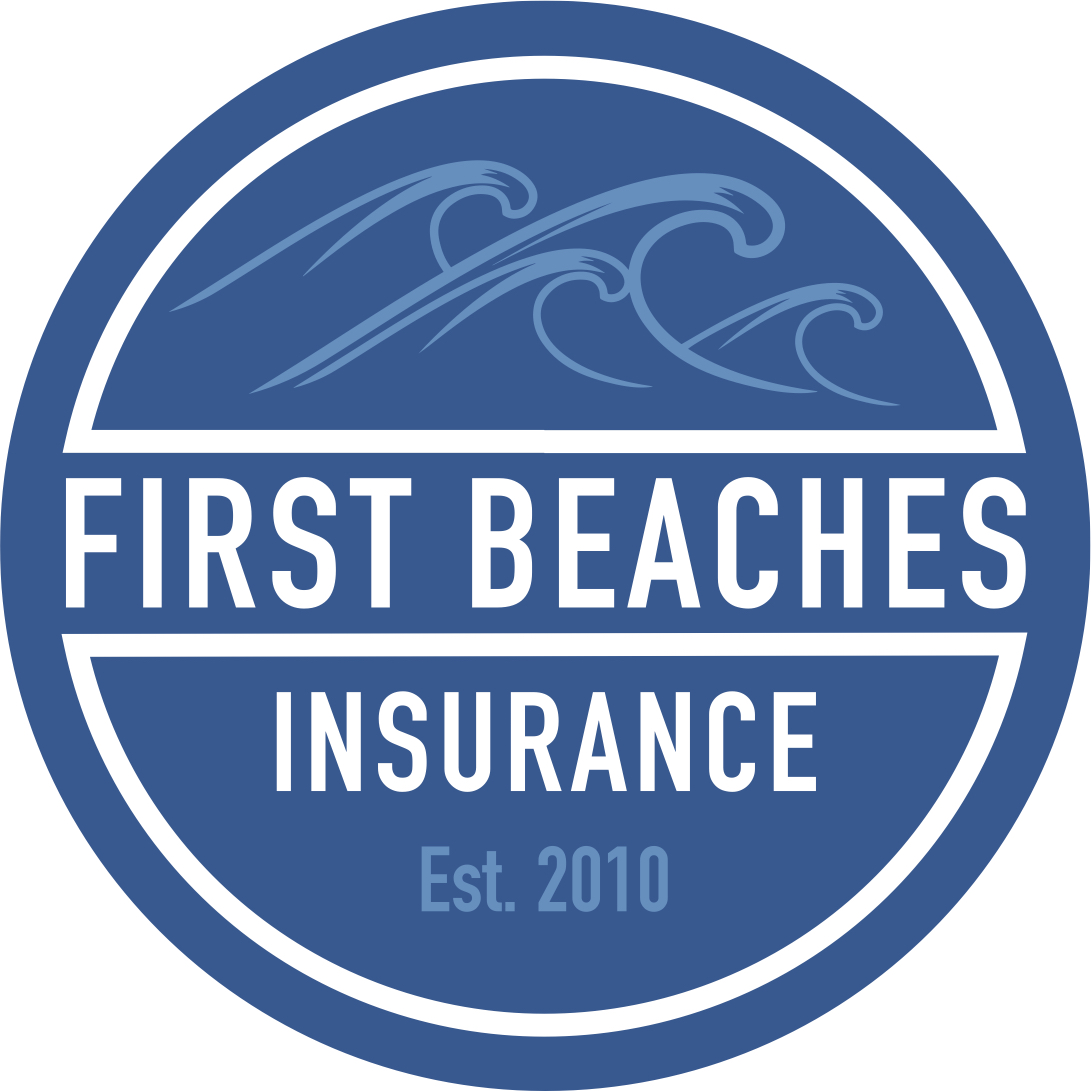Running a small business is hard work. From managing employees to dealing with customers and suppliers, there are so many things to keep track of that it can be overwhelming. One of the most important things for any small business owner to consider is insurance – not only for protection against liabilities but also as an investment in their future success. Investing in the right insurance policies can help protect your business from financial losses due to natural disasters, legal claims, and other unforeseen events. In addition, having adequate insurance coverage can give you peace of mind knowing that you have taken steps to safeguard your company’s assets and investments.
But what about if your business is along a coastline? Are there any special requirements or coverage you need? Does your proximity to the water change anything about your coverage? Let’s find out.
Exposures for Coastal Businesses
Coastal businesses are especially vulnerable to natural disasters such as hurricanes, floods, and wind damage. These risks can lead to physical damage to property, disruption of operations, and financial losses that could put the business in jeopardy. As a result, it’s important for owners of coastal businesses to invest in comprehensive insurance coverage that is tailored specifically to their unique needs and circumstances. This will help ensure they have the protection they need should any unforeseen event occur.
Let’s also keep in mind that many times, businesses at the shore may see more traffic than the same type of business a little further inland due to tourism. This increase in traffic is great for sales but could put a small coastal business at greater risk for thefts, trips and falls, fender benders, etc.
What Kinds of Coverage Do Coastal Businesses Need?
Many “types” of insurance are available, including property insurance, liability coverage, workers’ compensation policies, and more. Investing in these kinds of policies can provide peace of mind knowing that your business is covered should any unexpected event occur. Property insurance, for example, can cover any physical damage to a business’s buildings and equipment. Liability coverage is another important policy that can offer protection in the event of a legal claim or lawsuit. Workers’ compensation policies provide financial protection if an employee gets injured on the job. Businesses along the coast need to consider the options of policies for flood, as well as wind and hail, as these exposures are sometimes limited or even excluded for properties along a shoreline.
No matter what type of insurance you choose, it’s important to make sure that your policy limits are adequate and provide the coverage you need. Working with an experienced insurance agent can help you determine the right coverage for your business. The right agent will conduct a thorough review and audit of your business and help you identify potential risks to be covered. He or she will be able to help you to discover ways to minimize the risks that your operations face before introducing a coverage limit. For example, if your small business has a history of parking lot trips and falls, with the claims history to prove it, the right agent will help you find a way to minimize the exposure to trips and falls rather than just introduce you to more coverage…and more premium.
Another way to get the right coverage for your business is by packaging your coverages together. For example, if the scope of your operations could be covered with a Business Owners Policy (BOP) rather than separate policies, there could be some cost savings by bundling your coverages and adding on specific limits for specific risks. Many times a la carte pricing provides more policy coverage, but that comes with a hefty price tag.
So What’s the Difference?
Not all Business-owners policies are created equal, though. For example, a well-advised coastal business may choose to invest in flood and marine insurance policies, which can protect them against any damage caused by tidal waves or other weather events, which may or may not be covered in their BOPs. Another important difference between insuring a business on the beach versus inland is the availability of additional riders and endorsements that could provide protection against specific risks, such as wind damage or hurricane damage (mentioned above), or even wildfires.
Further, coastal businesses should be prepared for higher premiums due to their location and any associated risk factors. Insurance companies consider the proximity to water and how difficult it can be to access the property in the event of an emergency. The closer you are to water or any other potential risk factor, the higher your insurance premium will likely be.
It’s also important to make sure you understand the terms of your policy so that you are fully aware of what is covered and what isn’t. Make sure to contact your insurance agent if you have any questions, and get a copy of the policy in writing before signing. This will ensure that you are adequately protected and can make the best decisions for your business.
Overall, it’s important for coastal business owners to understand their unique needs and invest in comprehensive coverage that meets them. Working with an experienced insurance agent can help ensure that you have the coverage you need without breaking the bank.

